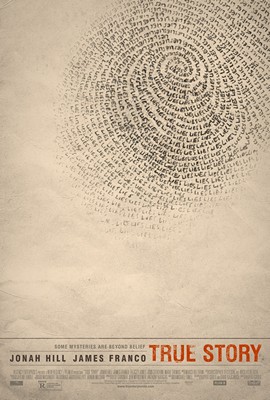Eh. Who cares?
I mean, seriously, do you understand what I mean? Sometimes, you just see a film that leaves you feeling so indifferent that it’s a struggle to even think of anything to say about it. That’s the way I feel about The Kitchen, which is neither bad enough to hatewatch nor good enough to recommend. It’s a mediocre film, one that would be totally forgettable if not for a few remarkably inept choices made by the director and the cast.
Melissa McCarthy is Kathy Brennan. Tiffany Haddish is Ruby O’Connell. Elisabeth Moss is Claire Walsh. The year is 1978 and all three of them live in the Hell’s Kitchen section of New York. All three of them are also married to men who are involved with the Irish Mob. When their husbands all get busted by the FBI and the new mob boss refuses to help the three women pay the bills, they team up and take over the neighborhood themselves. With the help of their number one enforcer, Gabriel O’Malley (Domhnall Gleeson), the women prove that they can be even more ruthless than their husbands and their competitors.
And really, this should have been fun. I’m all about girl power and I’m half-Irish. If I was going to join the mob, I would definitely join the Irish Mob. But, seriously, The Kitchen is not just a mess but it’s a dreadfully heavy-handed mess as well. I knew that this film was going to suck as soon as James Brown started singing, “This is a man’s world,” over the opening credits because it was just such an obvious choice to go with. To me, picking the song showed that the filmmakers weren’t really interested in giving too much thought to what the film was about. Instead, they just said, “Hey, that’s a really on-the-nose choice! Let’s go with it!” About an hour later, Clare and Gabriel were making love while Carry On My Wayward Son blasted on the soundtrack and I found myself wondering if this film’s soundtrack was put together by listening to a random classic rock station and just jotting down the names of the first ten songs that were played.
Adding to the disappointing atmosphere of the film is a talented cast, everyone of whom appears to be acting in a different movie from everyone else. Melissa McCarthy, for instance, gets all of the dramatic scenes but gives a comedic performance, one that feels like it’s been assembled from outtakes of the “awkward humor” bits of Ghostbusters. Tiffany Haddish is ruthless but it’s a very one-note type of ruthlessness. It gets boring after a while. Elisabeth Moss gives the best performance out of the three but her character often seems to be pushed to the side. Once Claire starts threatening to shoot people, you can tell that the film doesn’t know what to do with her.
You also have to feel bad for the supporting cast, all of whom deserve better than this film. Annabella Sciorra plays a Mafia wife who walks up to the women in the middle of the street and tells them that they’re just like Gloria Steinem and, when she shows up, you can’t help but think that Sciorra would have been a better pick for the role of Kathy than Melissa McCarthy. Then Common shows up as an FBI agent because, for some reason, Common always plays a member of law enforcement in films like this. Margo Matindale gets a few good scenes as an Irish mafia matriarch but her character disappears from the film far too quickly.
It’s a mess of a film. Kathy, Ruby, and Claire’s rise to power happens too abruptly to be credible and none of the subsequent betrayals make much sense. Appropriately, for a gangster film, it’s violent but the violence is so repetitive that it gets a little bit dull after a while. None of the characters are really memorable enough for their subsequent deaths to generate much of a reaction. An hour into the film, you just find yourself thinking, “Oh, hey, that dude’s dead now. Yay, I guess.” Much like Captain Marvel, The Kitchen often seems to only be interested in girl power as a way to disguise the fact that the script kind of sucks. I kept waiting for one of the male gangsters to shout, “The ancient prophecy said that I will be defeated by no man!,” just so Melissa McCarthy could respond, “Yes …. by no man!” It didn’t happen but maybe they’ll get around to it in the sequel.

